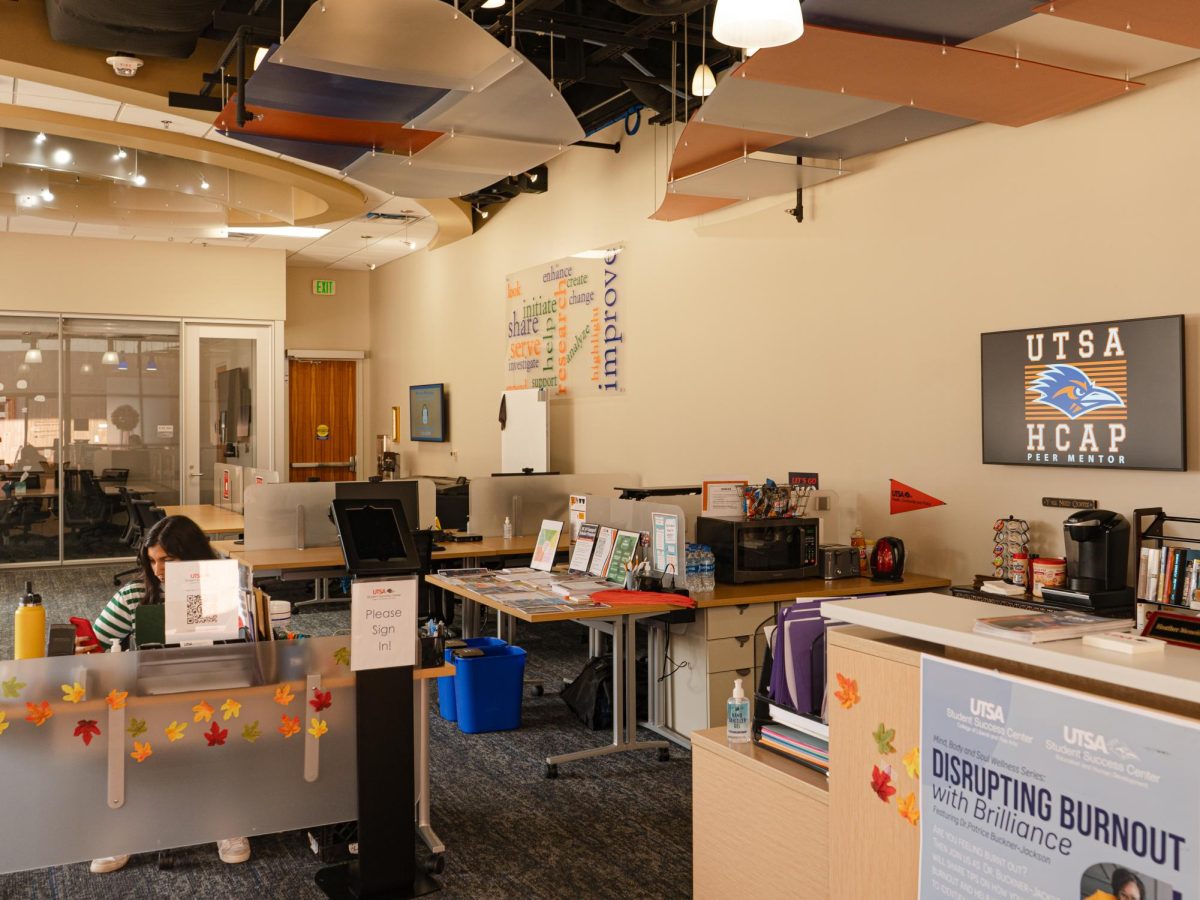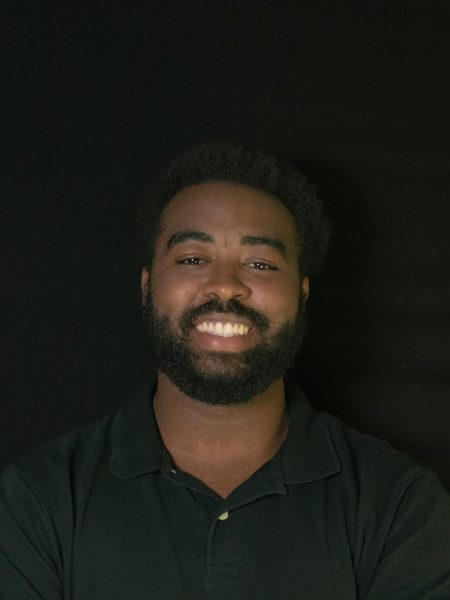The Departments of Demography and Sociology in the College for Health, Community and Policy recently merged into one department. Now known as the Department of Sociology and Demography, the program aims to open up possibilities for greater collaboration due to similar interests in health disparities, immigration, racial and ethnic inequalities and more.
According to department chair Ray Swisher, the merger was an easy decision based on the benefits and the strong foundation between the two disciplines.
“All but one of the demography faculty have PhDs in sociology. More importantly, they do research that’s very comparable,” Swisher said. “The faculties met separately last year. We talked about the pros and cons of bringing these two departments together. It was sort of an overwhelming sense that this was a win-win for students.”
The department consists of five degree programs: a Bachelor of Arts in Sociology, a Bachelor of Science in Health, Aging and Society, a Master of Science in Applied Demography, a Master of Science in Sociology and a doctorate in Applied Demography.
Current sociology and demography students will not be affected in the immediate short term as the existing programs remain the same. Instead, the merger will provide more opportunities for students to explore the curriculum and classes they can take and link the two programs together.
“One thing we want to explore is within the undergraduate sociology program [where] we could create a couple of different concentrations. We’re hoping that we’ll kind of have different routes [so] that students can [access] different connections between the classroom and careers,” Swisher said. “I think it’s going to both appeal to students’ interests [and] also provide all students with an expanded toolkit of skills.”
In addition to the skills undergraduates can learn, there is also a keen interest in increasing the collaboration between students and faculty within all programs in research. For example, Professor Melinda Denton and Professor Kara Joyner are collaborating on the San Antonio Generating Opportunities for Achieving Lasting Success Initiative. The project is a basic income program for lower income families in San Antonio that aims to promote long-term growth by providing families income and mentoring them in their finances.
“The goal is to promote financial solvency and self-sufficiency for families. It’s kind of a departure from the way we used to view welfare payments [like] concerns about families misusing the money and spending it on cigarettes and different things that social policy makers don’t think the family should do,” Swisher said. “It’s really [about] trusting families to make the best decisions for themselves.”
For more information about the programs the Department of Sociology and Demography provides, visit the department’s website or contact the department chair at [email protected].



















